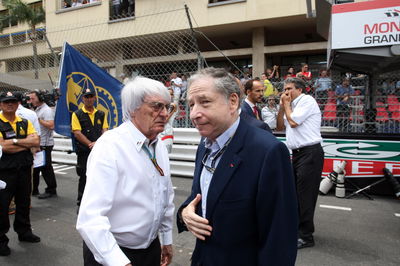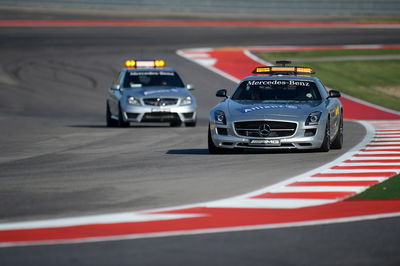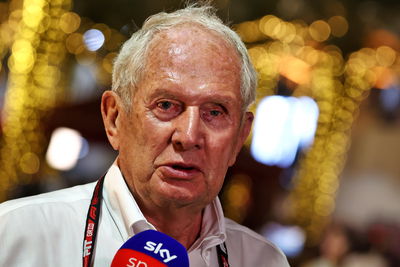F1: Kate Walker: The peril of being right

Whatever the personal satisfaction to be found in being right, there is no joy to be had in being right about bad news.
FIA president Jean Todt was right about the need to cut costs in Formula One, but the Frenchman will find no satisfaction whatsoever in the fact that it has cost two teams and around 600 jobs to prove that the current spending wars are unsustainable.
Todt was not the only voice predicting a sport in crisis if spending were left unchecked, of course - personnel from mid-field and back-marker teams have been saying as much for years, as has every F1 analyst worthy of the name. But the FIA president was unique in - theoretically - being in a position to do something about cost control.
On 23 January, the first World Motor Sport Council meeting of 2014 took place. In the resulting press release it was announced that cost controls of some sort would be imposed for the 2015 season.
"The FIA President reaffirmed to members of the WMSC the FIA's intention to assure a healthy, affordable and spectacular FIA Formula One World Championship for the long-term future," the press release read. "At a meeting of the F1 Strategy Group yesterday, chaired by the FIA President, and attended by Bernie Ecclestone and the teams, it was unanimously agreed that cost reduction and cost control regulations will be presented to the WMSC in June 2014 for introduction in January 2015."
And then, as we know all too well, the big teams decided that they weren't interested in competing on a level playing field, and by the weekend of the Bahrain Grand Prix in April any notion of cost controls were dead in the water, much to Todt's disappointment.
On Thursday morning in Austin, the FIA responded to the absence of both the Caterham and Marussia F1 teams with a press release that reasserted the Federation's aim of making Formula One a financially sustainable sport.
"Looking beyond the end of the 2014 season, these failings [of Caterham or Marussia to race in Austin and Sao Paulo] once again acutely raise the question of the economic balance of the FIA Formula One Championship and justify the position, expressed many times by the FIA, in favour of any initiative that will help reduce costs in order to ensure the survival of the existing grid or attract potential new entrants," the release read.
"As such, the FIA, in close cooperation with FOM and the different stakeholders in F1, will continue to work towards maintaining the attraction of the championship and the equitable participation of the teams in it in the years to come."
The choice of language is interesting, if a little disheartening. Despite being the regulatory body in charge of the sport, F1's structures make it impossible for the FIA to impose its will on the teams, even if the aim of the imposition is to secure Formula One's long-term future.
When the January WMSC press release landed, clearly stating that the imposition of cost controls had received unanimous approval from the Council, it should not have been possible after that point for the teams to overthrow the idea in concert with WMSC member Bernie Ecclestone, who had previously voted to give the notion his support.
That the FIA will "continue to work towards" the equitable participation of teams does not guarantee any result, for the F1 Strategy Group has already shown that they can shoot down regulatory changes already approved by the WMSC, even though that body should have the final word.
Instead, what is needed - even if it is not currently within the rules - is the declaration of a state of emergency within the sport that will allow the FIA to overrule any F1 Strategy Group decisions whose end result conflicts with what is now a dire need to reassess the cost of competing and the overall distribution of wealth.
Diplomacy isn't working. A little bit of benign dictatorship from the Place de la Concorde would not go amiss.
By Kate Walker
Kate Walker is a senior F1 writer for Crash.net. A member of the F1 travelling circus since 2010, she keeps an eye on the behind the scenes wheeling and dealing that makes Formula One a political melodrama.











